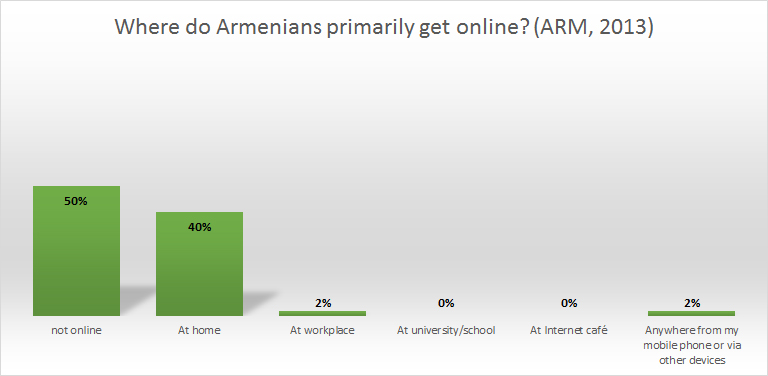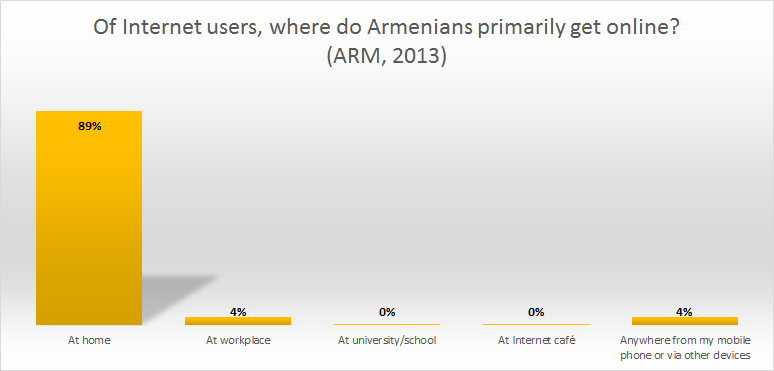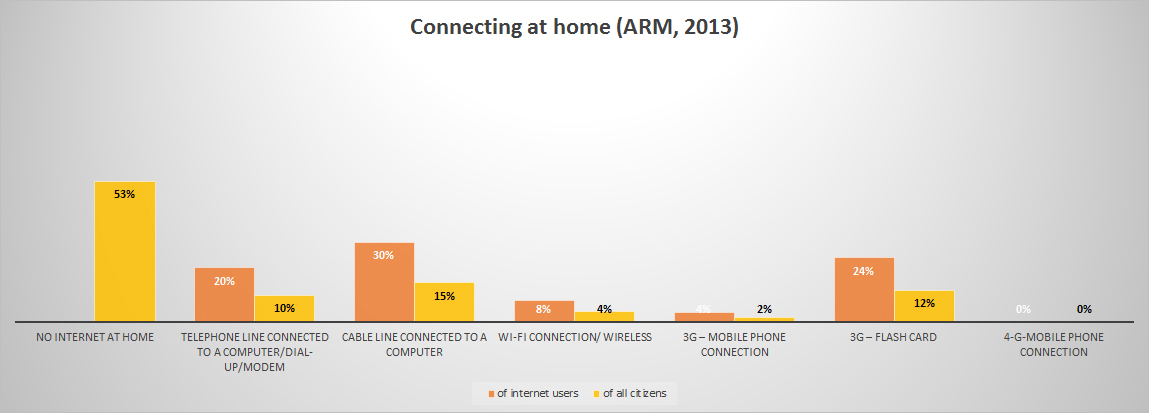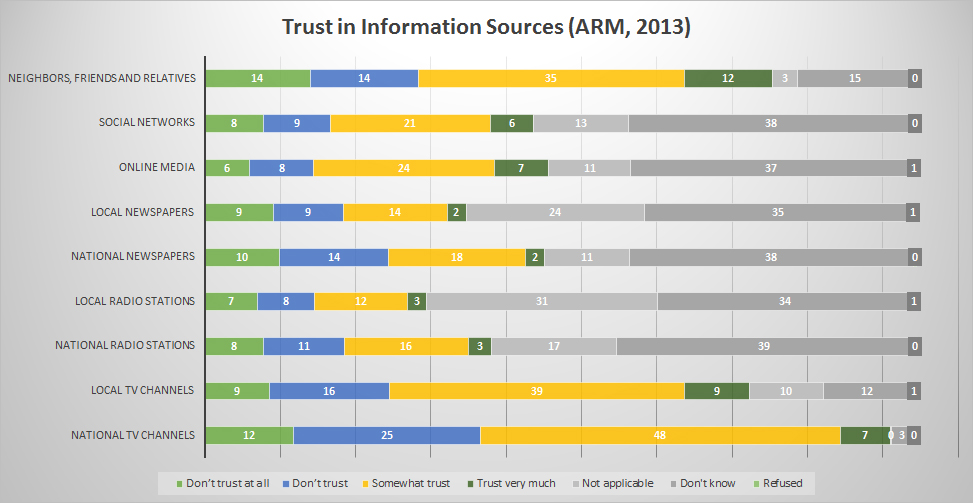Talk on 10/10: Maintaining scholarly distance, developing trust, and protecting sources online and offline in an authoritarian context
Pearce, K. E. (2013, October). Maintaining scholarly distance, developing trust, and protecting sources online and offline in an authoritarian context. Digital methods, ethical challenges: A symposium hosted by the Annenberg School Center for Global Communication Studies and the Project for Advanced Research in Global Communication, Philadelphia, PA.
Doing research in authoritarian states is not easy. While all research has challenges of access and credibility, with authoritarian states the hurdle height is raised. Yet academics tend to not talk about it (Goode, 2010) out of fear of losing access and credibility and because of the desire to do the research (Romano, 2006). Given that the “culture of fear” (Mitchell, 2002) in authoritarian states permeates every possible research method that is considered acceptable in traditional social science journals, researchers are left with few options.
With the development of increased information and communication technology, some scholars excitedly viewed the Internet as a way to access subjects in authoritarian states in a way that was not possible before the Internet. However, a whole additional host of challenges emerge when one uses the Internet to conduct research and when studying phenomena in authoritarian contexts, there are additional security and ethics concerns that are exacerbated by conducting research online. Yet the Internet does afford some benefits for research in this sort of environment, although researchers face new ethical questions that need to be addressed.
This presentation will detail some of the challenges and benefits of using the Internet for research in authoritarian states and what understanding ethical strategies in an environment where the wrong move can have grave impact can bring to the broader research community.
It is open to the public and a video will be available eventually.








